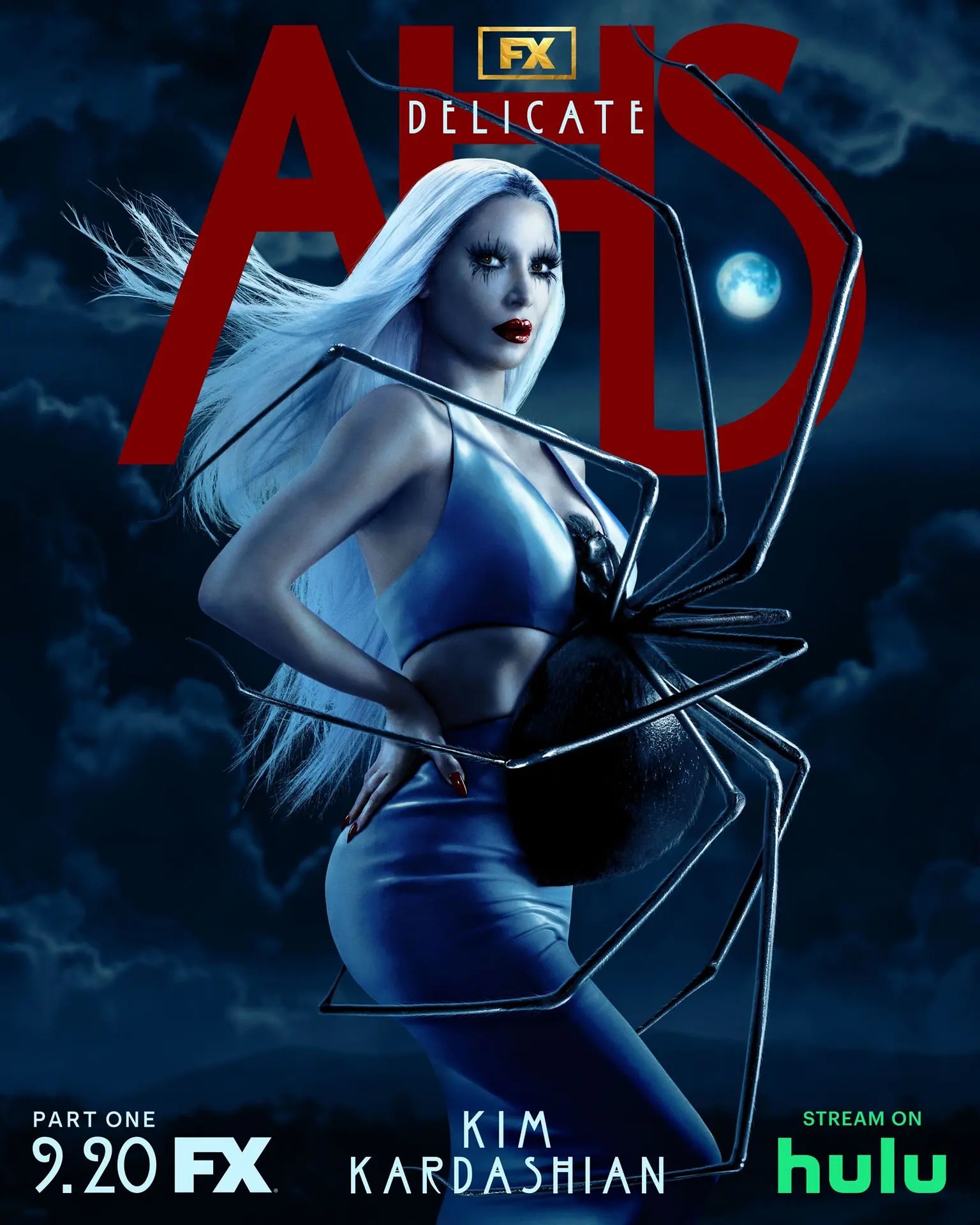In recent years, the anthology format has gained immense popularity, and one of the most notable series to embrace this style is American Horror Story (AHS). Each season of AHS presents a unique story, often featuring a mix of horror, drama, and psychological thrillers that captivate audiences. The anthology AHS has not only redefined the horror genre on television but has also brought forth a creative platform for storytelling that challenges traditional formats. This innovative approach allows writers, directors, and actors to explore new themes, characters, and settings with each installment, drawing viewers back for more. As a result, AHS has cultivated a dedicated fan base eager to dive into the eerie narratives crafted by Ryan Murphy and Brad Falchuk.
With a blend of familiar faces and fresh talent, AHS consistently delivers compelling performances that heighten the chilling atmosphere. The anthology AHS has paved the way for a diverse range of characters who experience the absurdity and terror of their circumstances. This article delves into the intricacies of the anthology AHS, exploring its history, main themes, and the evolution of its storytelling.
As we embark on this exploration, we will also touch upon the cultural impact AHS has had on contemporary horror and television. From its inception in 2011 to its latest seasons, AHS continues to push boundaries, leaving audiences questioning their perceptions of horror and what lies beneath the surface of human nature.
What is the Background of the Anthology AHS?
The anthology AHS originated from the creative minds of Ryan Murphy and Brad Falchuk, who sought to redefine the horror genre on television. Premiering in 2011, the series quickly gained traction due to its unique storytelling format and ability to tackle various themes through a rotating cast of characters. Each season serves as a self-contained narrative, allowing for fresh storylines while maintaining a consistent tone of horror.
How Has AHS Evolved Over the Years?
The anthology AHS has undergone significant evolution since its debut. The early seasons focused on classic horror tropes, drawing inspiration from haunted houses and horror films. However, as the series progressed, it began to explore more complex themes such as identity, societal issues, and psychological horror. This shift has allowed AHS to delve deeper into the human psyche, often revealing the darkness that lurks within.
What Are the Major Themes Explored in AHS?
- Fear and Trauma: Many seasons focus on the characters' struggles with fear and trauma, showcasing how these experiences shape their identities.
- Societal Commentary: AHS often serves as a mirror to society, addressing contemporary issues such as race, sexuality, and mental health.
- Identity and Transformation: Characters frequently undergo transformations, both physically and psychologically, highlighting the fluidity of identity.
- Supernatural Elements: The series incorporates supernatural aspects, blurring the line between reality and fiction.
Who Are the Key Players Behind Anthology AHS?
The success of the anthology AHS can be attributed to a talented ensemble cast and a skilled production team. Ryan Murphy and Brad Falchuk serve as the driving forces behind the series, creating a unique vision that blends horror with social commentary. Furthermore, the recurring cast members, including Sarah Paulson, Evan Peters, and Jessica Lange, have become synonymous with the series, delivering memorable performances that resonate with audiences.
What Makes AHS Stand Out in the Horror Genre?
One of the key factors that sets the anthology AHS apart from other horror series is its ability to reinvent itself with each season. This constant evolution keeps the narrative fresh and engaging, allowing viewers to anticipate new twists and turns. Additionally, AHS often blurs the lines between horror and reality, prompting viewers to reflect on their own fears and societal norms.
How Has the Anthology AHS Influenced Modern Horror?
The anthology AHS has had a profound impact on modern horror television, inspiring a new wave of anthology series that explore similar themes and formats. Its success has opened doors for other creators to experiment with storytelling techniques, leading to the emergence of series that challenge traditional horror narratives. AHS has proven that horror can be both entertaining and thought-provoking, pushing the boundaries of the genre.
What Can We Expect from Future Seasons of AHS?
As the anthology AHS continues to develop, fans are eager to see what new stories and themes will emerge in future seasons. With the creative team behind AHS constantly pushing the envelope, viewers can expect to see more innovative storytelling and fresh characters that delve into the complexities of human nature. The anthology format allows for endless possibilities, ensuring that AHS remains a staple in the horror genre for years to come.
Conclusion: The Legacy of Anthology AHS
The anthology AHS has left an indelible mark on the horror genre, redefining how stories can be told on television. Its ability to explore complex themes, coupled with a talented cast and innovative storytelling, has captivated audiences worldwide. As we look forward to future seasons, the anthology AHS promises to continue challenging our perceptions of horror and what it means to be human.
Uncovering The Mystery Of Jared's Girlfriend
Unlocking The Power Of Control Z: A Deep Dive Into Undoing Mistakes
Embracing The Baby Filter Trend: A Look At The Popular Phenomenon


